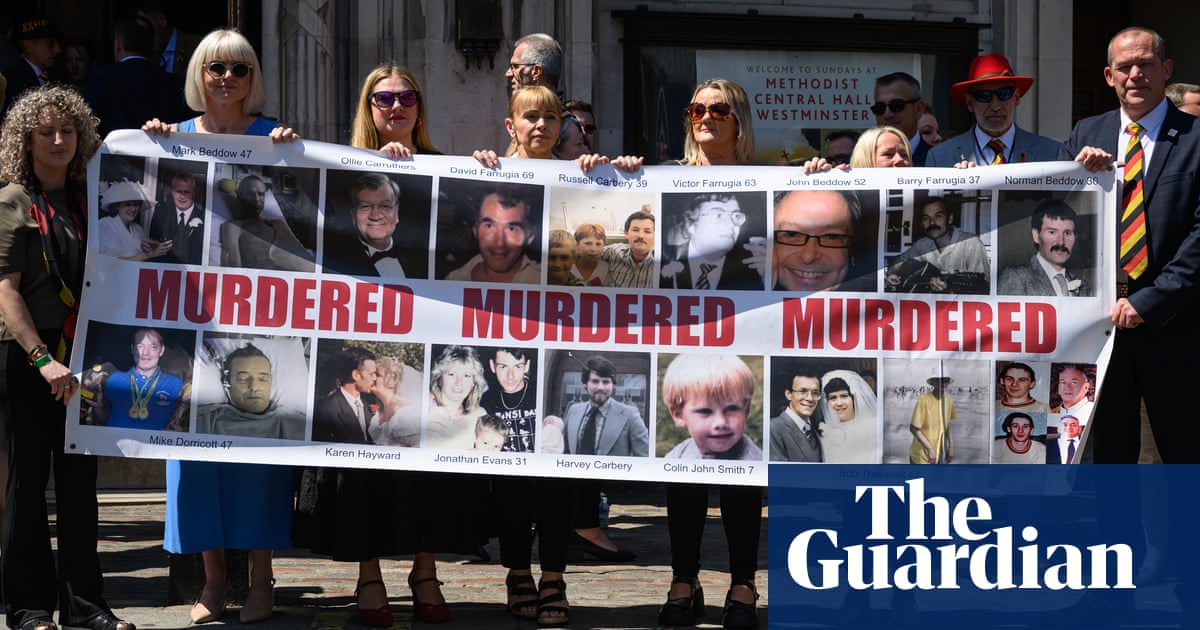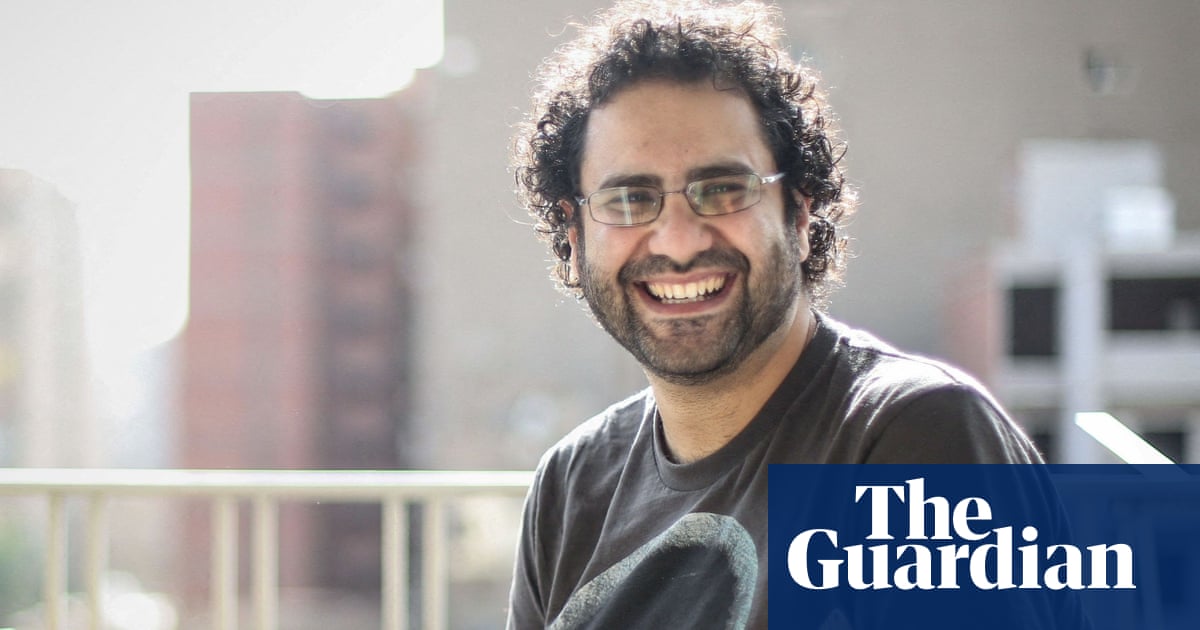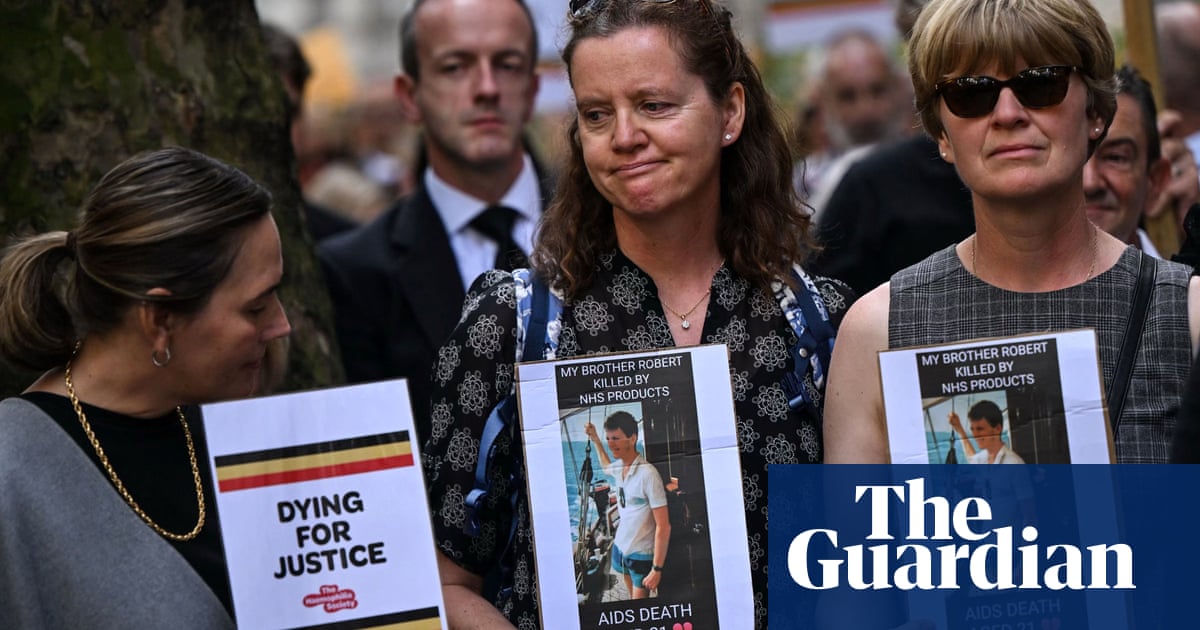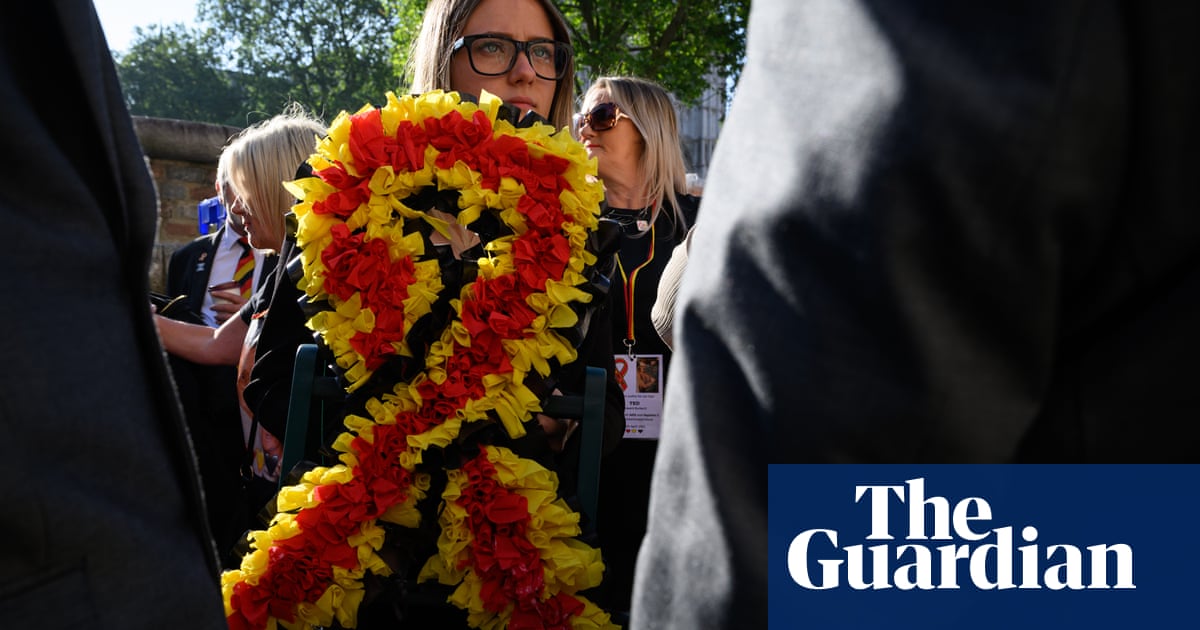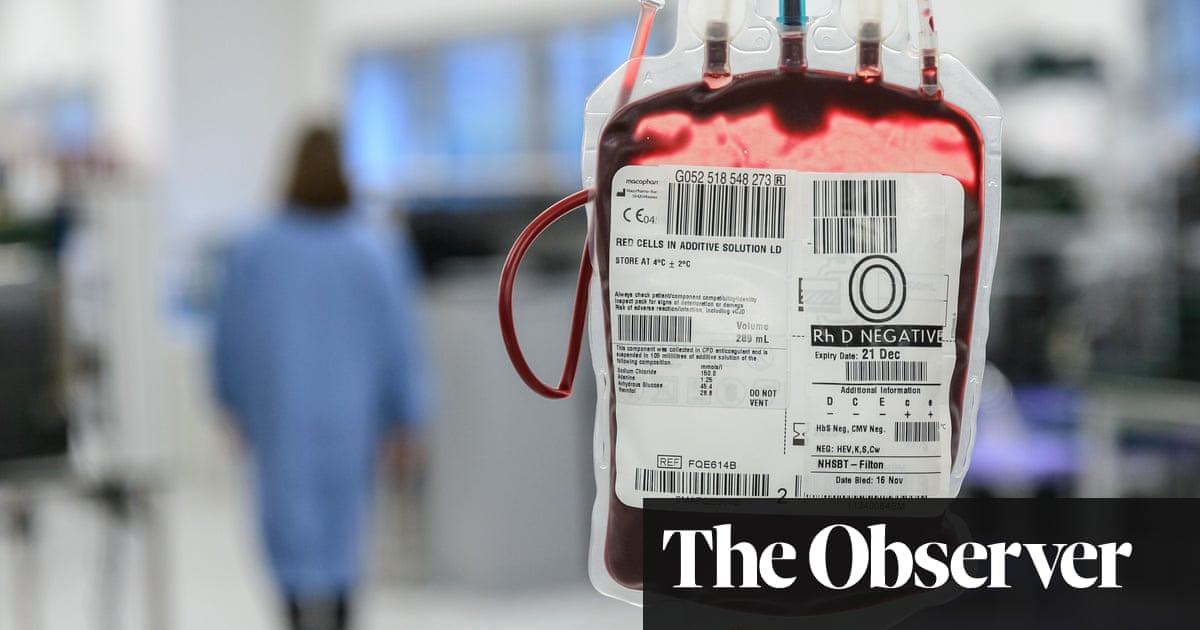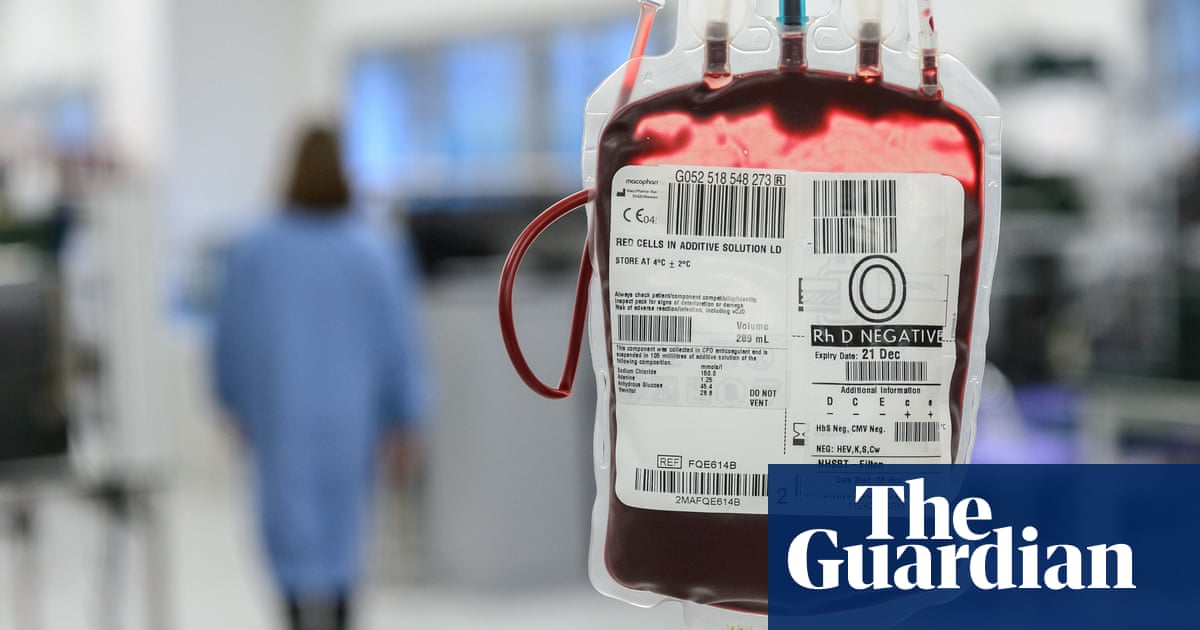
More than 500 people taking the government to court over the contaminated blood scandal are urging it to concede the case in light of evidence heard by a public inquiry and an interim report produced by its chair.
The claim, which began in 2017 but was stayed pending the inquiry into what has been described as the biggest treatment disaster in the history of the NHS, alleges the Department of Health – now the Department of Health and Social Care (DHSC) – breached a duty to take reasonable care to prevent personal injury or loss, amounting to misfeasance in public office.
Lawyers for the claimants, haemophiliacs infected with hepatitis C and/or HIV through treatment with factor VIII blood products, and relatives, have written to the health and social care secretary, Steve Barclay, saying their clients want proceedings to resume and the government to accept summary (expedited) judgment against it given what the inquiry has uncovered.
In his second interim report, published this month, the inquiry chair, Sir Brian Langstaff, said “wrongs were done at individual, collective and systemic levels”. Among the testimony he highlighted was that by the chancellor and former health secretary Jeremy Hunt, who said the disaster was “a failure of the British state”.
Jason Evans, the lead claimant in the case, whose father died after receiving contaminated blood and who founded the Factor 8 campaign, said: “The latest interim report from the infected blood inquiry has made it even more evident that the government has no real prospect of defending this scandal any longer.
“The report’s findings are clear that wrongdoings occurred, causing immense harm and suffering to those affected. Hundreds of families around the country lost loved ones whose deaths have never been recognised, this cannot be right. Justice must be served for all those impacted by this wholly preventable tragedy.
“The contaminated blood scandal has devastated many families and individuals, and it is unacceptable that the government has failed to take responsibility for its role.”
The claimants are seeking compensation consistent with the recommendations made by Sir Robert Francis KC and Langstaff. They are unhappy that despite Francis having reported in June last year, and Langstaff’s call for urgency, no compensation framework is imminent.
Evans said: “On Wednesday, the government made a statement in response to the inquiry’s interim report that it would make another statement at some undetermined point. That is not good enough and has spurred the need for this submission that the government concede our legal claim.”
There was mutual agreement among the parties to stay the proceedings when the inquiry was announced but the claimants have grown tired of waiting for compensation through alternative channels.
Their solicitor, Des Collins, a senior partner at Collins Law, said: “The first nine pages of the second interim report is the most damning criticism of a government department I’ve seen. We want a judgment from the court saying that they [ministers] breached their duty and that amounts to misfeasance in public office and therefore our clients are entitled to compensation.”
About 30,000 people are believed to have been infected, either through factor VIII blood products or through blood transfusions. About 3,000 died.
A DHSC spokesperson said: “The department is unable to comment at this stage as this matter is the subject of litigation proceedings.”




